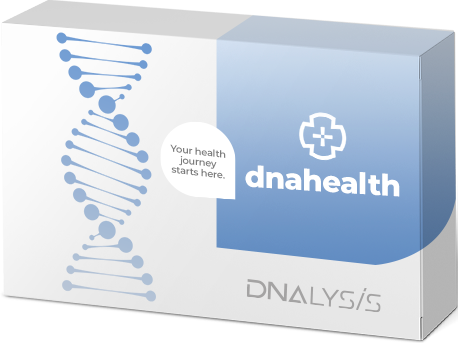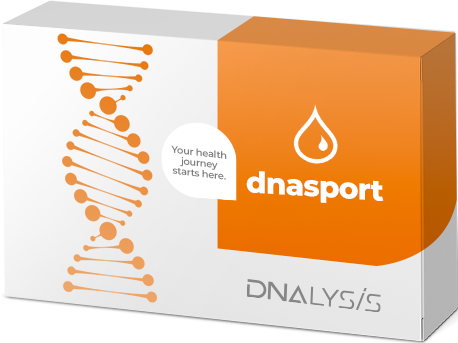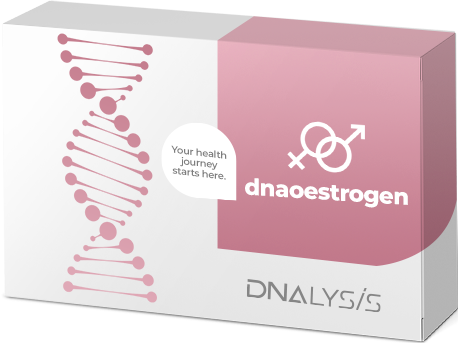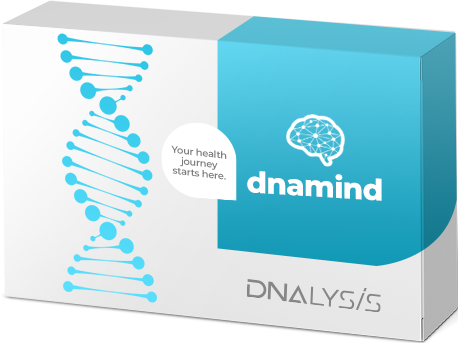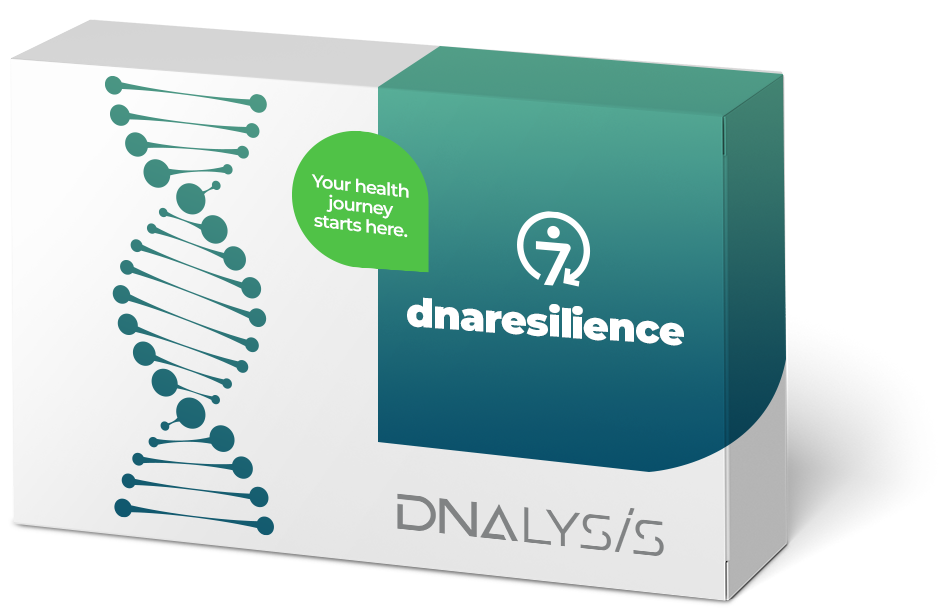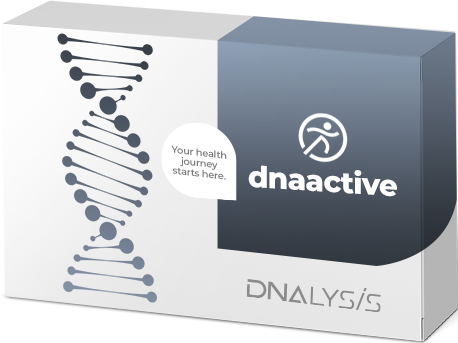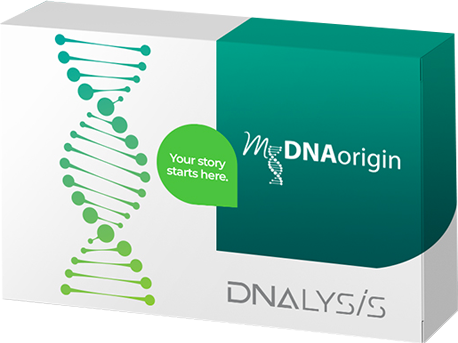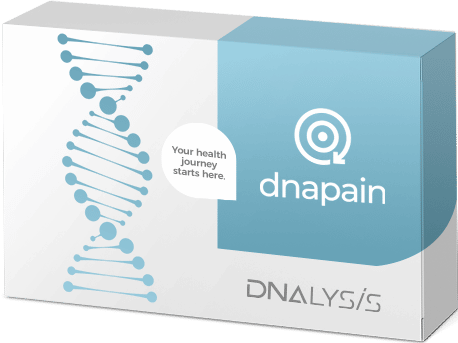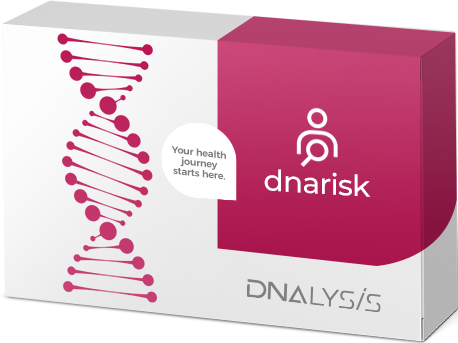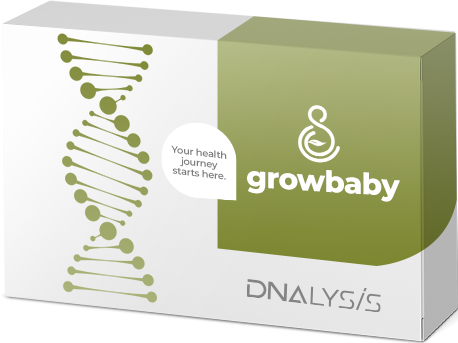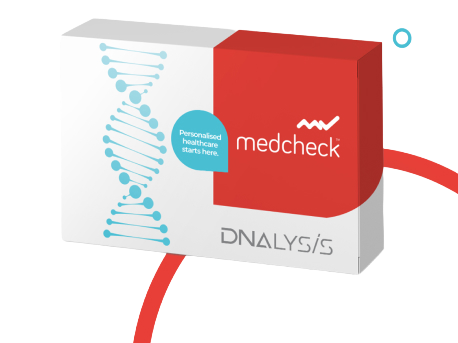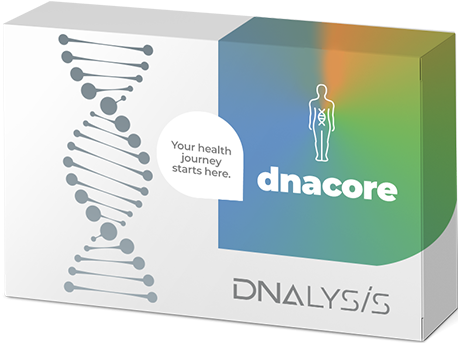Do we all feel pain the same?
Well, for some people, pain is nothing. Although in general, women have it worse.
Up until recently, pain threshold differences between genders had been attributed to the role that hormones play. Yet emerging research from UK Biobank studies have found significant gene markers relating to the body’s perception of pain, showing that women are (naturally) more sensitive and tend to experience longer lasting symptoms of chronic pain.
On the contrary, certain individuals have genetic mutations that inhibit them from experiencing any associated symptoms of pain. Aka “super-human” … but this has its own set of problems.
According to the International Association for the Study of Pain, many conditions associated with chronic pain including fibromyalgia and autoimmune ailments, result from neuroinflammation. This is an inflammatory response within the brain or spinal cord, often triggered by external factors (notably poor lifestyle habits), as well as hereditary factors that make certain individuals more susceptible to such conditions.
Suffering with chronic pain can be stressful in terms of social interaction and can impact mental health too. Moreover, the drugs used to treat pain are only moderately effective and have their own unpleasant side effects.
By focusing on improving diet (eating less sugar and processed foods), being more active and ensuring quality sleep, you can help to support healthy brain function and reduce inflammation.
If you do suffer with chronic pain, it’s well worth getting tested for specific DNA markers that may be the root cause of the problem. In doing so, you’ll be given recommendations that are tailored according to your blueprint, with the ultimate goal for you to live pain free.

